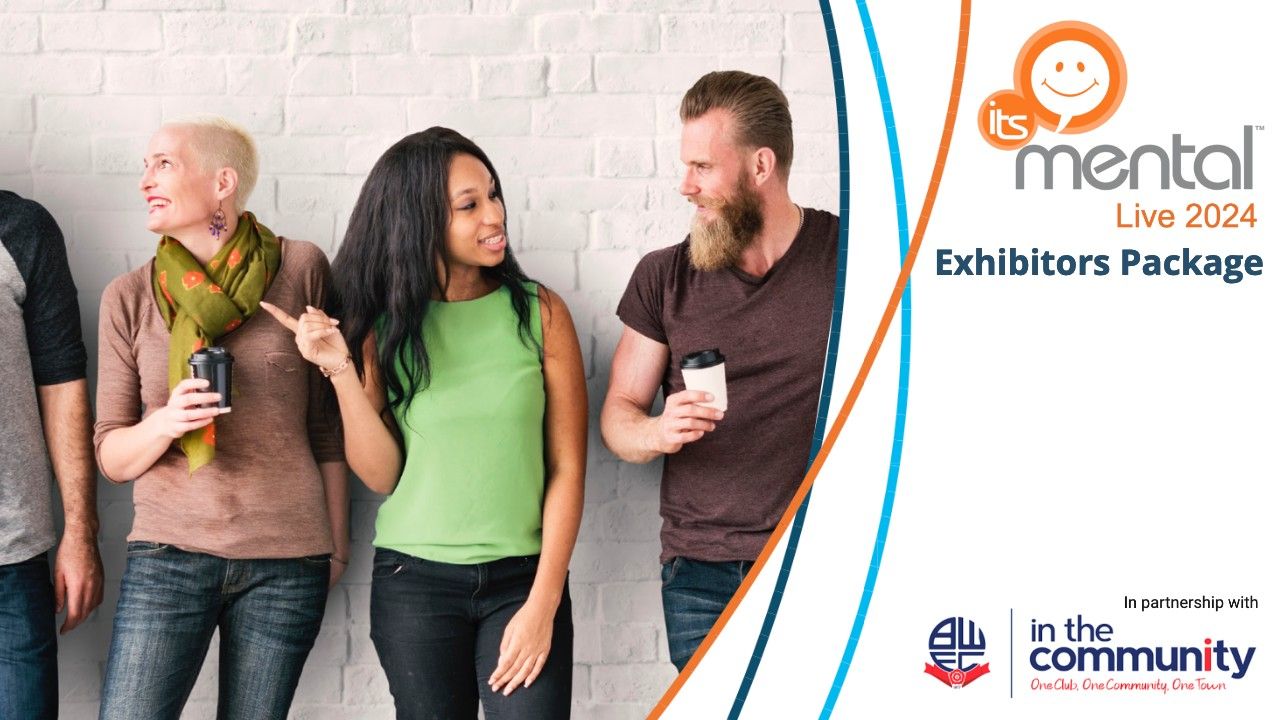What is counselling?
Counselling is a form of ‘talk therapy’. It is a process where an individual engages with a qualified professional counsellor to talk about issues and problems that they are facing in their lives.
Professional counselling is confidential and non-judgmental. Counselling can provide people with the opportunity to share their views, be heard and gain new perspectives on their situation and experiences.
Together with their counsellor people identify and work towards achieving the desired outcomes and goals for counselling.
What is Professional Counselling?
Professional counselling can provide guidance to help people navigate life’s challenges.
Professional counselling is a safe and confidential collaboration between qualified counsellors and clients to promote mental health and wellbeing, enhance self-understanding, and resolve identified concerns. The individual is an active participant in the counselling process at every stage.


How Counselling Helps
- Counselling is used to deal with a broad range of issues and problems that you may be facing.
- It can help you to deal with stress, provide treatment for anxiety and treatment for depression.
- Counselling can provide you with the opportunity to reassess or set new goals in your life and help you to gain clarity and direction.
- Counselling can be used to address issues and problems within your relationship or provide mediation between you and your partner.
- Counselling can help by allowing a very safe and private space for you to talk about issues and problems that are you having. These are problems that you may find difficult to talk to other people about because they feel very private. It may feel unsafe or uncomfortable to talk to your normal support network, friends or loved ones.
What is the Counselling Process?
- Introductory 20 minute session.
- If the individual is happy to go ahead a block of 4 hourly sessions is agreed in advance.
- Usually these session are agreed to take place on a weekly basis.
- During the process of counselling, goals will be identified, and this is the purpose of the counselling process. The goals can change if that is what the counsellor and individual see as beneficial.
- Counselling is often person-centred, the goal is for the individual to make the decision on the best course of action with the support of their therapist. The counsellor can provide tools, techniques, suggestions and homework.
- Ultimately it is the client who needs to make the decision on what is best for themselves as a key part of the process.


Areas of Counselling
Counsellors can specialise and train in different areas to help certain groups of people.
- Mental Health
- Depression
- Anxiety
- Relationship and Marriage
- Depression
- Anxiety
- Loneliness
- Job / Career
- Phobias
- Eating Disorders
- Trauma
- Drug and Alcohol
- Financial
- Rehabilitation
- Anger Management
- Bereavement
- Gender / Sex
- Anti-Social Behaviour
Types of Counselling we Deliver
CBT - Cognitive Behavioural Therapy
Explores the relationship between a person's feelings, thoughts, and behaviours. It often focuses on identifying negative thoughts and replacing them with healthier ones.
PCT – Person Centred Therapy
The therapist attempts to increase the client's self-understanding by reflecting and carefully clarifying questions without offering advice. The therapist functions under the assumption that the client knows themselves best; thus, viable solutions can only come from them.
Remember, there is no one-size-fits-all approach to therapy, and it's crucial to find a therapist who makes you feel comfortable and supported.


